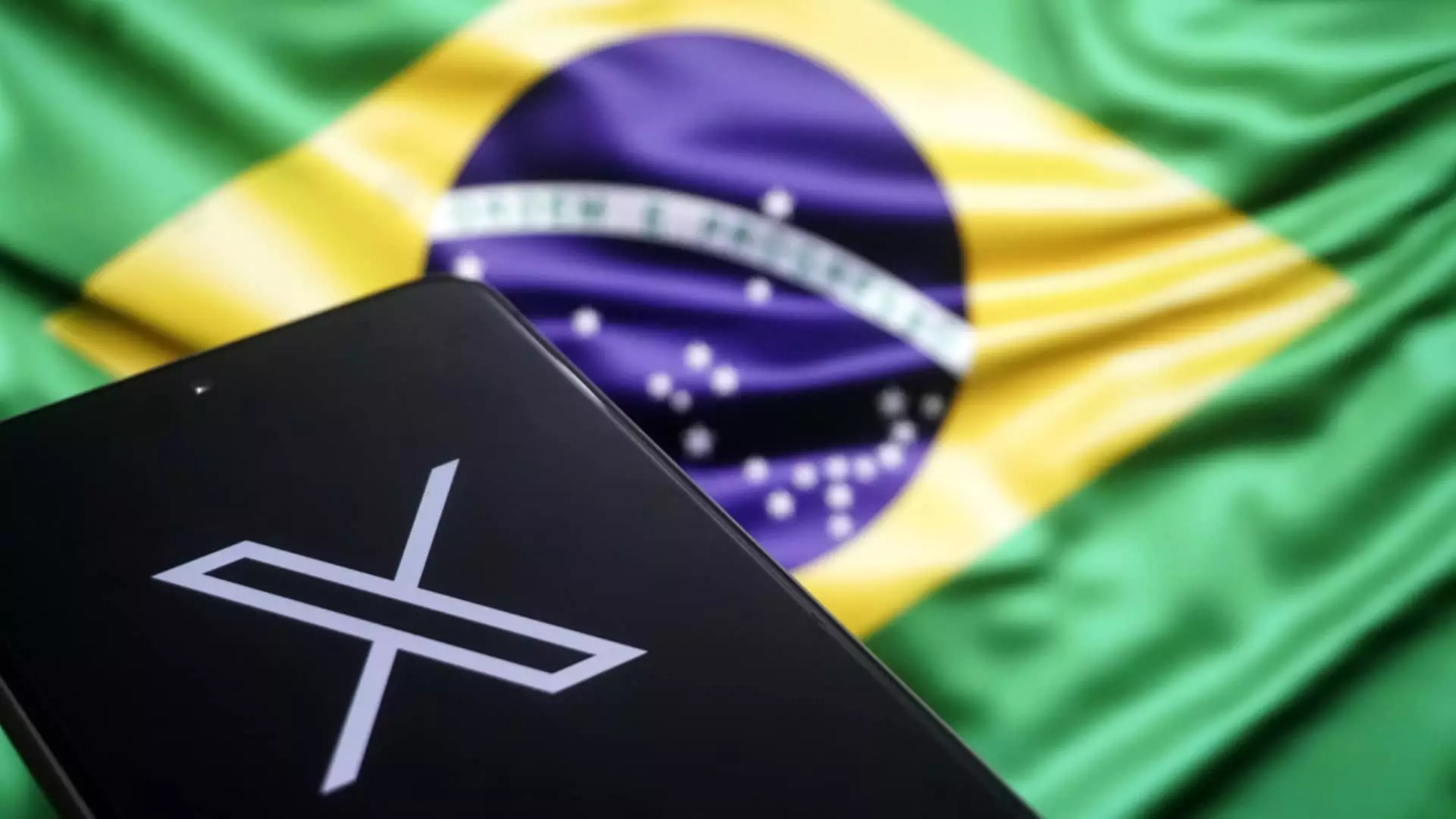The social media platform X, formerly known as Twitter, has resumed its operations in Brazil after an extended hiatus marked by legal confrontations with the country’s judiciary. The pivotal figure in this saga was Minister Alexandre de Moraes of Brazil’s Federal Supreme Court, whose orders initially led to X’s suspension back in August. The intersection of technology and law in this case highlighted the growing tensions between social media companies and regulatory frameworks aimed at promoting responsible online behavior.
Brazil has implemented stringent internet regulations to combat hate speech, misinformation, and other forms of harmful content, aimed at safeguarding democratic processes. Musk’s challenge to these regulations culminated in a standoff with the Brazilian court. The chief contention arose from his refusal to comply with judicial orders to either ban specific user accounts or delete controversial content deemed unlawful by Brazilian authorities. Musk’s defiance not only put X in a precarious legal position but also called into question the platform’s commitment to upholding community standards in a nation where freedoms of expression and legal accountability are both treasured and protected.
Reports indicated that the situation escalated to the point where investors in Musk’s ventures were nudging him towards compliance. The looming threat of substantial daily fines and the freezing of X’s business accounts in Brazil further underscored the urgency of the matter. These financial repercussions not only risked the viability of X’s operations in the country but also directly affected investor confidence, illuminating the significant pressures Musk faced from stakeholders keen on minimizing risk.
During X’s period of suspension, rival platforms such as Bluesky and Threads capitalized on the vacuum created by the absence of X, reportedly gaining millions of new users. This scenario underscores a critical point in the competitive dynamics within the social media landscape: user loyalty is fragile, and sometimes, platforms can swiftly lose ground if they fail to meet regulatory expectations or adequately serve their user base’s needs. The situation in Brazil serves as a crucial case study on how legal and regulatory battles can dictate market dynamics.
Following compliance with the stipulations set by Minister de Moraes, X has publicly shared its readiness to serve Brazilian users once again. In their announcement, the company emphasized its commitment to freedom of speech while also asserting the importance of adhering to local laws—an indicator of the careful navigation required in managing global operations amidst diverse legal frameworks. The resumption of services may restore some user confidence, allowing the platform to reclaim its user base. However, Musk’s previous derogatory comments about the court and its officials linger in the air, raising questions about the long-term relationship between X and Brazilian authorities.
The turbulent saga of X in Brazil serves as a stark reminder of the complexities involved in aligning technological innovation with legal compliance in an increasingly regulated digital landscape.


Leave a Reply
You must be logged in to post a comment.